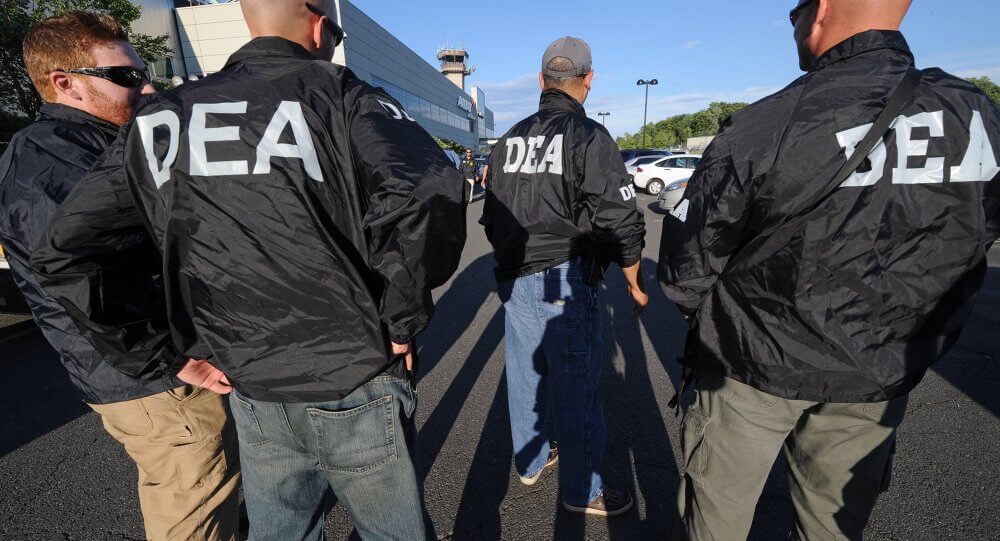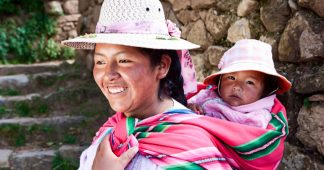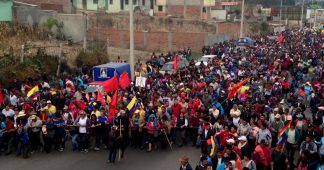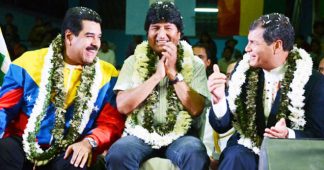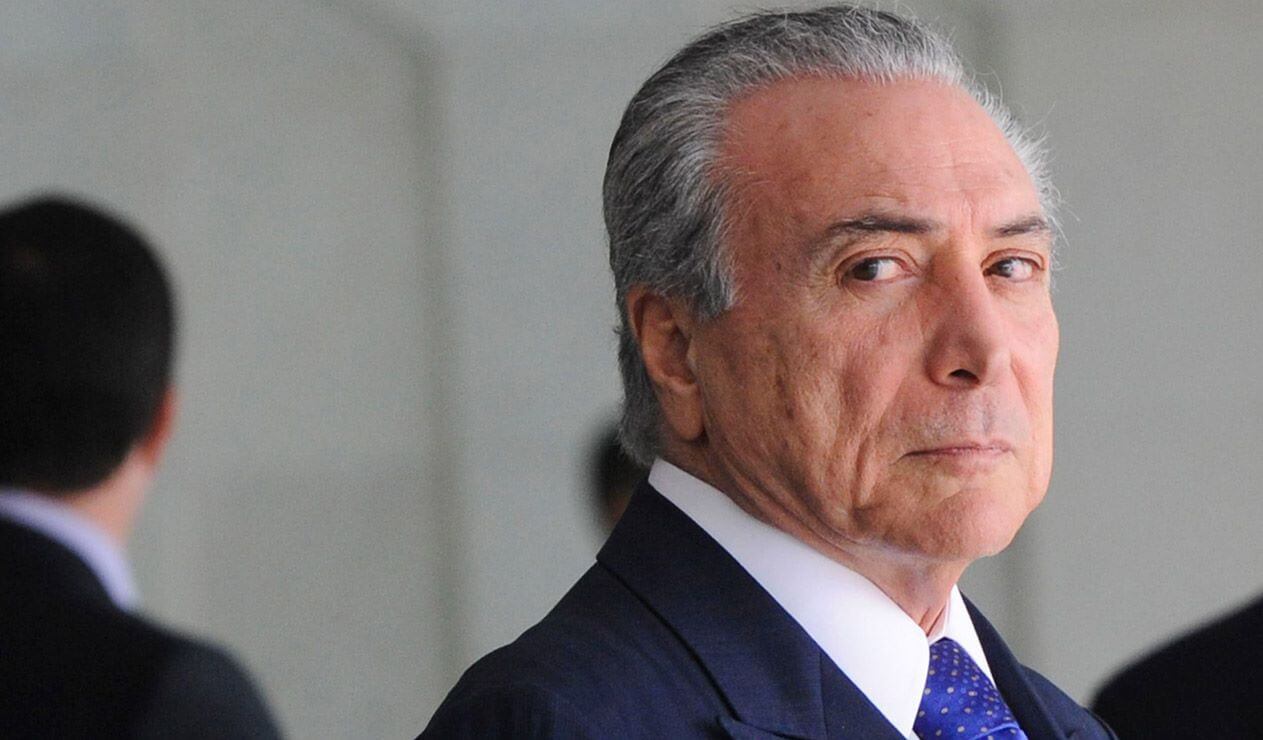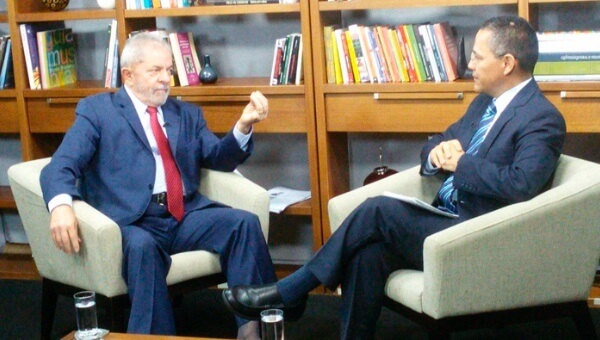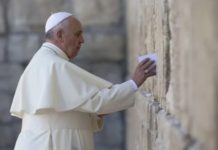By Whitney Webb
The International Monetary Fund (IMF) and US-dominated World Bank have been major players in the global economic landscape ever since their creation in 1944.These international banking organizations, which are privately controlled by the notorious Rothschild banking family, first pressure nations to deregulate their financial sector, allowing private banks to loot their economies. Once the governments are forced to bail-out their deregulated financial sector, the IMF or World Bank sets up a loan package written in secret by central bankers and finance ministers that undermine their national sovereignty and force them to adopt policies of austerity that harm workers, families, and the environment.
Before Evo Morales assumed the office of president, Bolivia was suffering from the effects of IMF/World Bank-imposed austerity and privatization that exploited its people and resources. It was also South America’s poorest nation. Though the Bolivian people, through strong showings of popular resistance over a period of years, were able to stop some of the worst privatization efforts – particularly the privatization of the nation’s water supply, many of the shackles imposed by these Rothschild-controlled institutions remained. Morales, who became Bolivia’s 80th president in 2006, was the first president to come from Bolivia’s majority indigenous Aymara population and has since focused on poverty reduction and combating the influence of the United States and multinational corporations in Bolivia. Ten years later, Morales, a Democratic socialist, has managed to transform Bolivia into the fastest growing South American economy all while maintaining a balanced budget and slashing its once-crippling government debt.
Bolivia’s newfound economic independence has now empowered Morales to reject the very same institutions that once preyed upon his country. Just a few weeks ago, Morales announced that Bolivia will no longer respond to the demands or blackmail of the United States, the World Bank, or the IMF. During a visit to Tarija in Southern Bolivia, Morales said “Before, in order to obtain credit from the IMF, we were forced to give up a part of our country, but we have liberated ourselves economically and politically and we are no longer dependent on other countries or institutions.” Morales praised social movements and the people’s unity for the country’s ability to resist and reject privatization and foreign influence.
However, Bolivia has done much more under Morales’ leadership than ban international banking cartels from operating within it borders. Bolivia has kicked out numerous multi-corporations since Morales took office, including McDonalds and Coca Cola, while also refusing to cooperate with the US’ disastrous War on Drugs. It is also devotes 14% of its national budget to education, the second most of any country in South America. In contrast, only 1.7% of the national budget goes to education in the US. Morales also forced foreign oil and gas companies to pay an astounding 82% of its profits to the Bolivian government, which is used to fund a variety of popular social programs benefiting the poor. Poverty in Bolivia has dropped significantly as a result. Bolivia’s transformation under Morales proves that any nation, no matter how impoverished, can throw off the shackles imposed by international bankers and return the power to the people.
